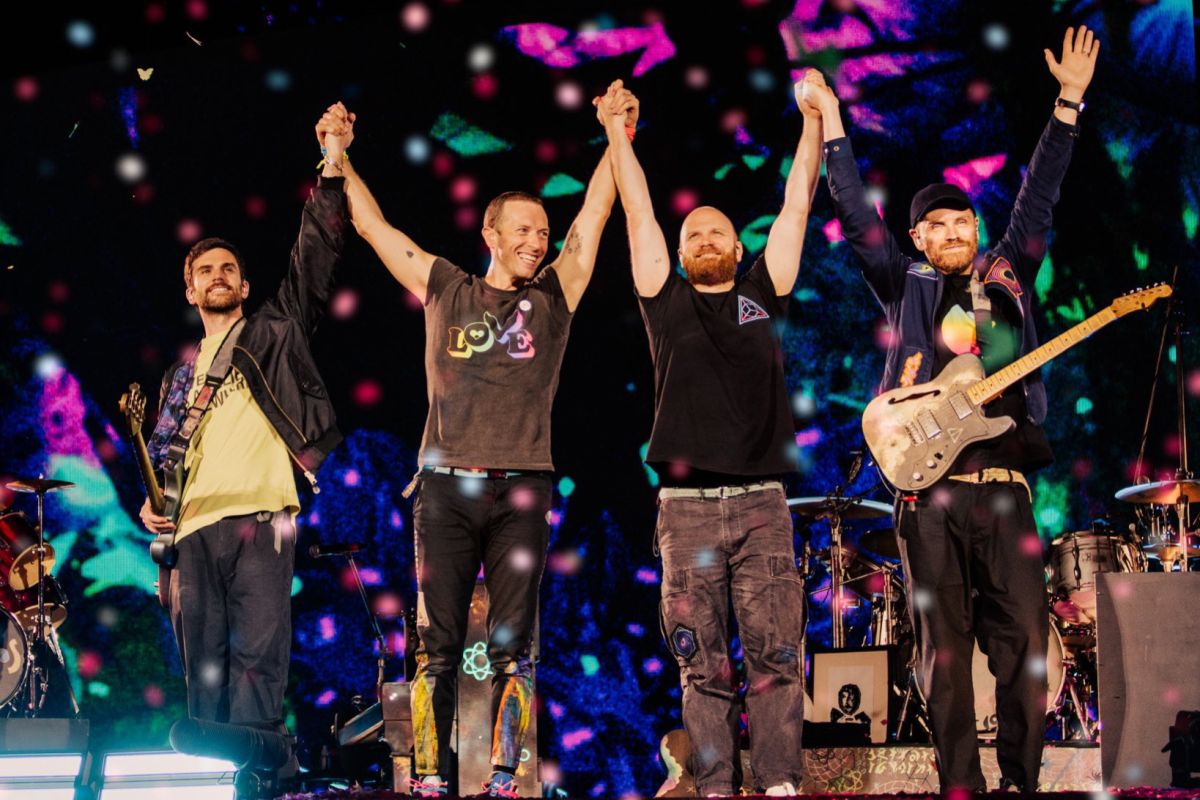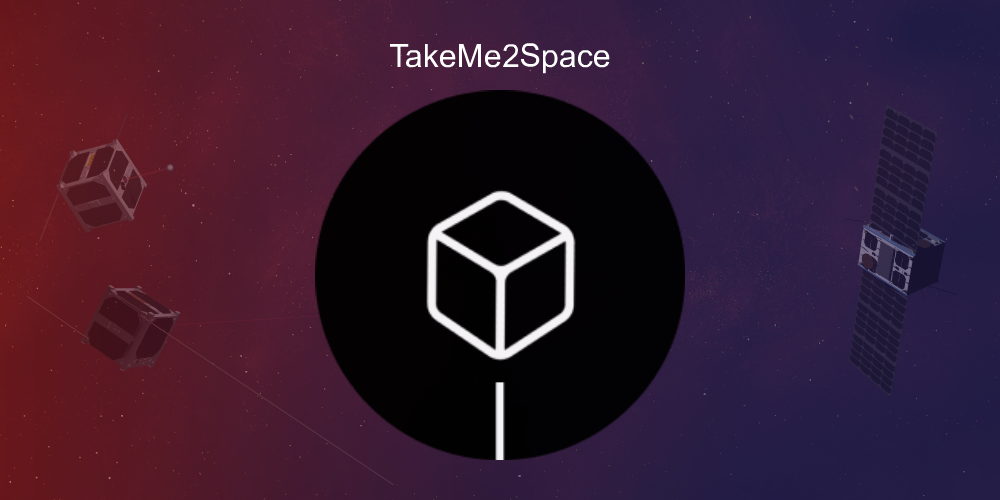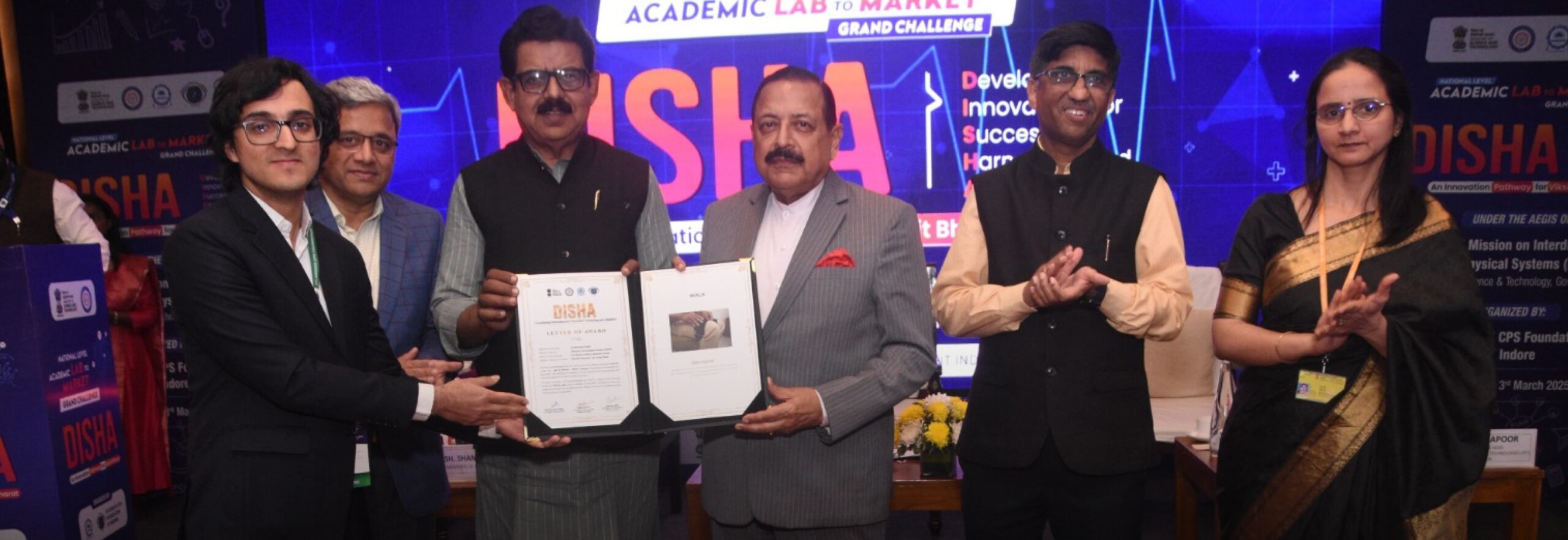Coldplay’s Music of the Spheres World Tour has made history as the highest-attended tour ever. Its grand finale in India was a testament to the country’s burgeoning concert economy. Generating a staggering $50 million in revenue, the event was more than just a musical spectacle. It became a marketing playground for brands eager to captivate audiences. Such large-scale events provide marketers with the perfect opportunity to enhance brand awareness and forge emotional connections with consumers. From global giants like Oreo, Disney plus Hotstar, and Google to emerging startups like Blinkit, Park+, and Swiggy, companies in India leveraged the concert to stay relevant and engage with their audiences in innovative ways.
Let’s explore how these brands captured attention through creative social media campaigns and out-of-home advertising:
1. Disney+Hotstar
Disney+ Hotstar ensured that no Coldplay fan was left behind. Recognizing the limited availability of concert tickets, the streaming platform partnered with the band to live stream the concert on January 26, 2025. The response was phenomenal, with the event garnering 83 lakh views and a total watch time of 16.5 crore minutes. Fans took to social media to share their “Home-cert” experiences, making it one of the most talked-about digital events in recent times. This partnership not only amplified Disney+ Hotstar’s reach but also strengthened its position as a go-to platform for live entertainment experiences.
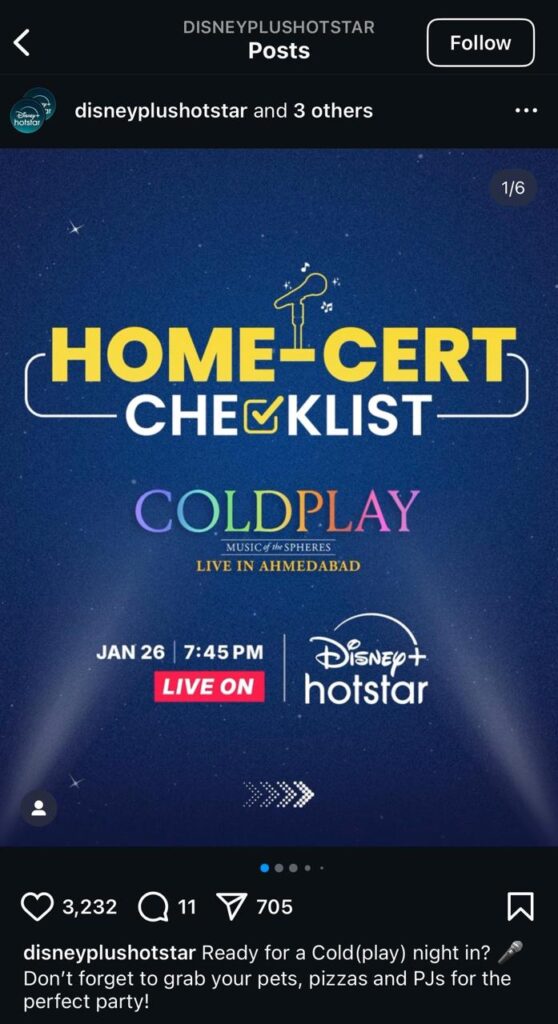

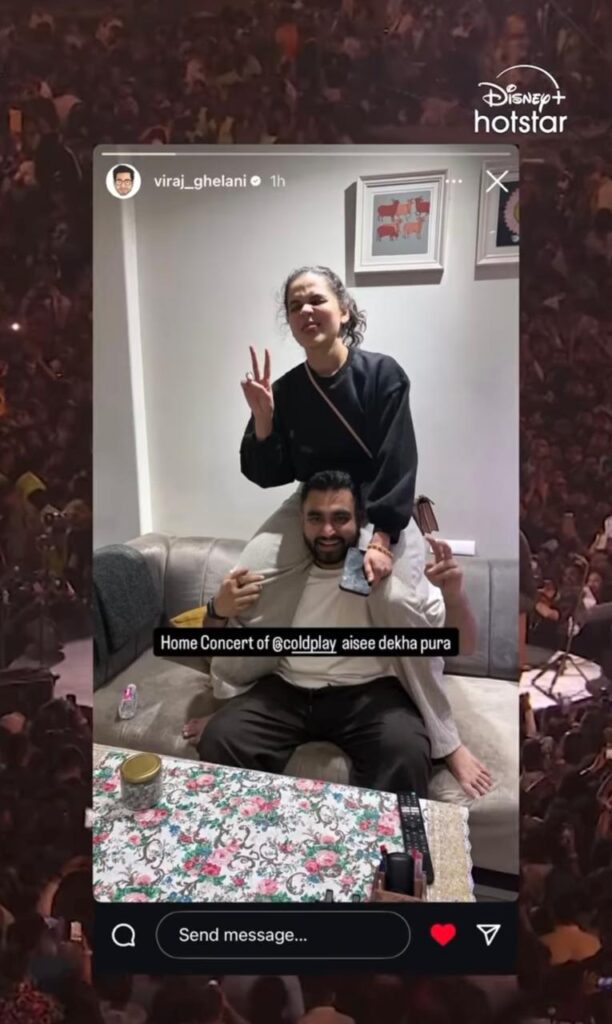
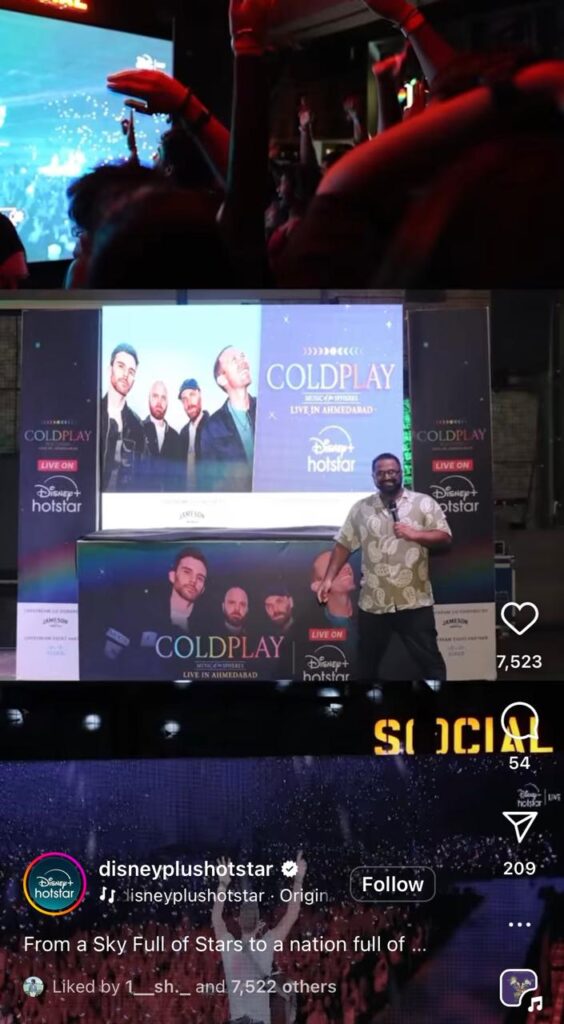
2. Oreo
Oreo seized the moment by launching a new yellow Pikachu-themed pack just as Coldplay performed their iconic song Yellow in Mumbai and Ahmedabad. The brand cleverly synchronized its digital billboards with the lyrics of the song, ensuring that the audience made an immediate connection. Oreo also gained significant visibility during the concert’s live stream. It reinforced how brands can leverage concert buzz to introduce new products or packaging in a way that feels organic and exciting.
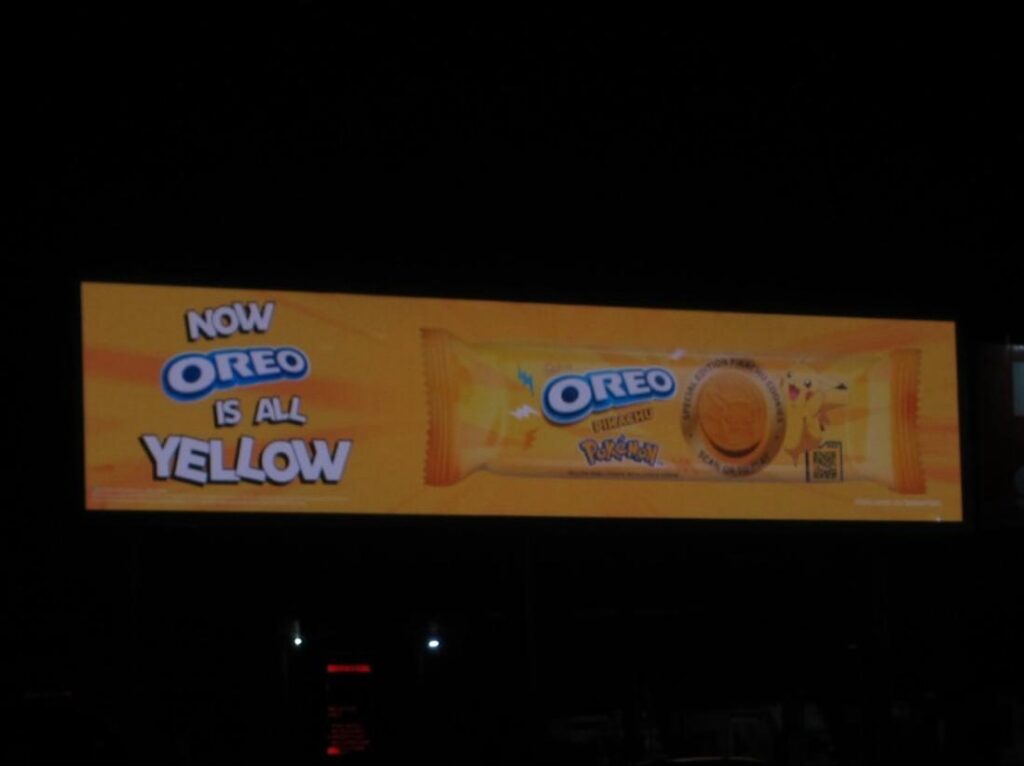
3. Naukri.com
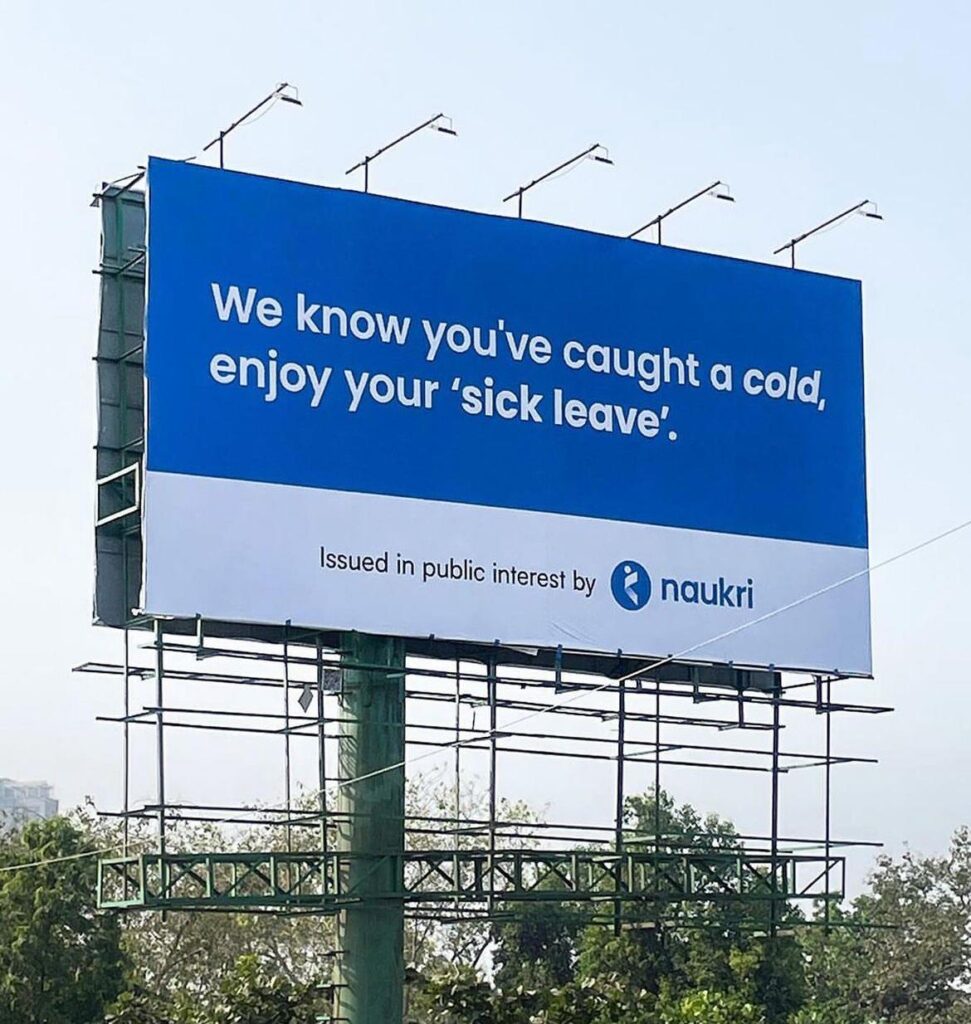
Naukri.com tapped into the humor surrounding the concert by acknowledging the many corporate employees who called in sick just to attend. Their billboards featured witty puns that resonated with working professionals, making light of the situation in a way that felt relatable. This humorous take quickly gained traction on social media It proved how humor, when executed well, can drive brand engagement and cultural relevance.
4. Blinkit
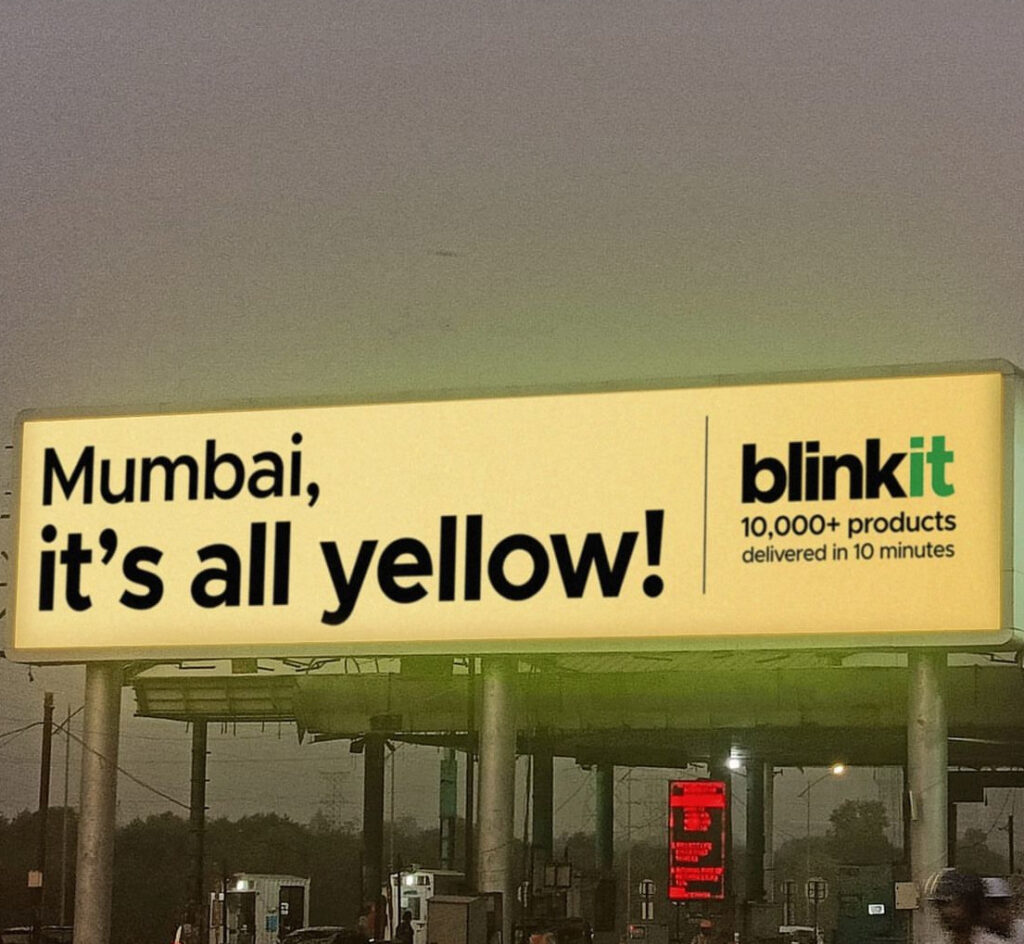
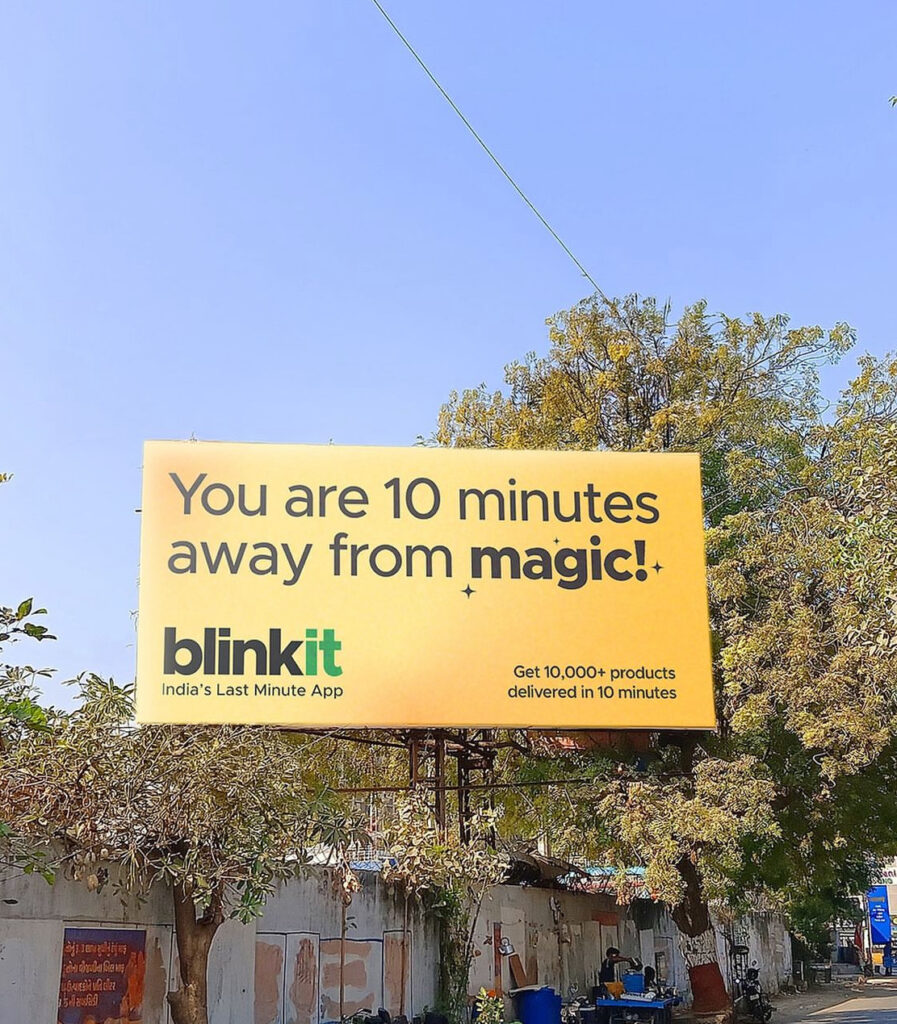
Blinkit made its presence felt through witty billboards placed strategically around the concert venue. With messages like “Mumbai, it’s all yellow” & “You are ten minutes away from magic,” the brand cleverly tied its signature color to Coldplay’s famous song lyrics. This subtle yet effective marketing approach strengthened Blinkit’s brand association and made it a part of the concert conversation in an organic way.
5. Google India
Google India took a playful approach by tapping into the search behavior of Coldplay fans. Their campaign featured the phrase “Haan ho rahi hai padhayi,” humorously acknowledging how fans were busy memorizing Coldplay’s song lyrics before the concert rather than studying. This simple yet relatable message struck a chord with audiences, highlighting Google’s knack for blending humor with everyday user behavior.
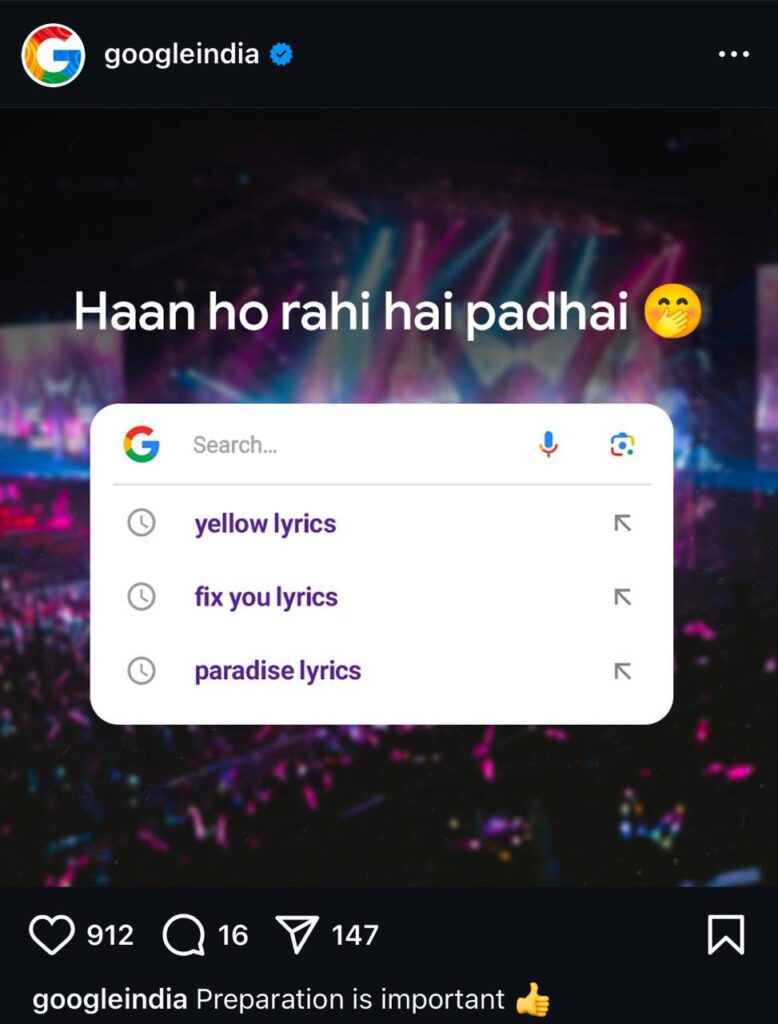
6.Jeevansathi.com
Jeevansathi.com took an unconventional approach by offering free VIP seats to single concertgoers. Their billboards featured witty messages like “If you’re sitting here, it means you’ve no one to fix you” and “Baith jao, thak gaye hoge couples ka PDA dekh ke.” This lighthearted campaign not only entertained attendees but also reinforced the brand’s core message of helping people find a life partner.
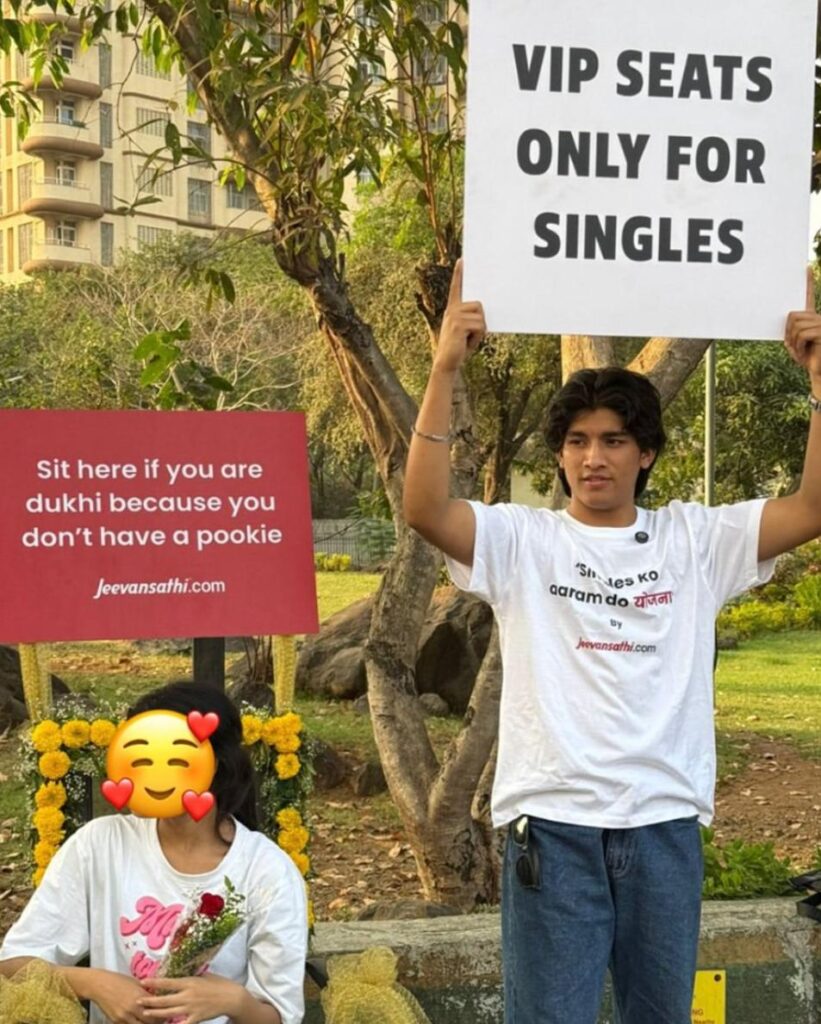
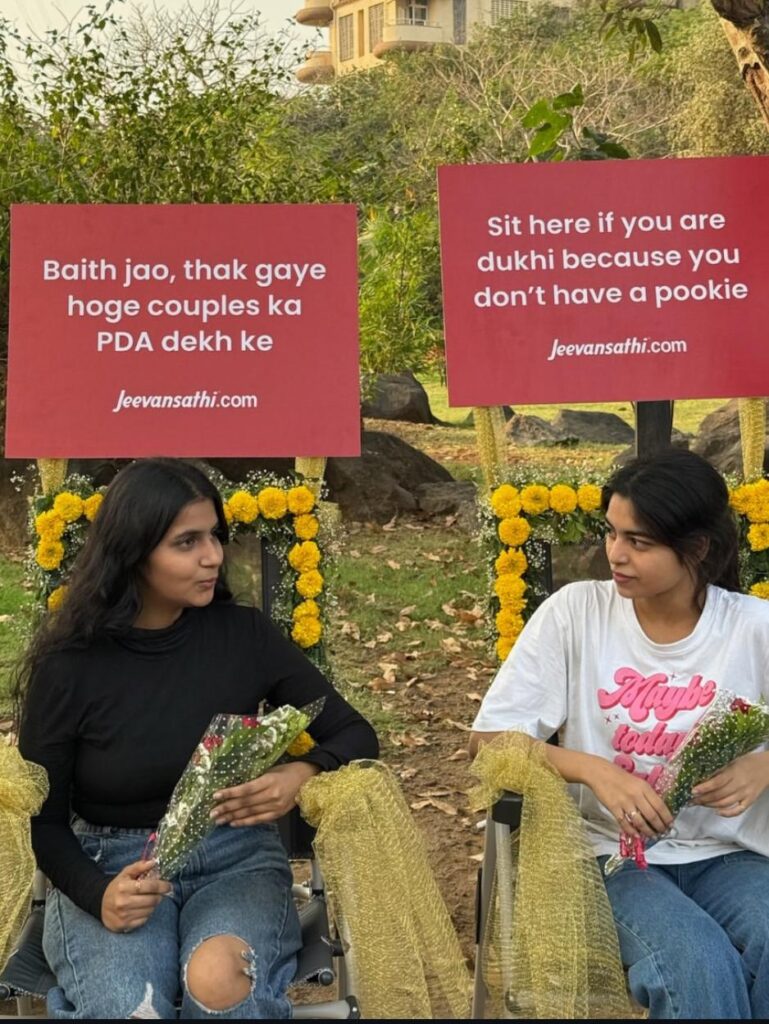
7. Parkplus
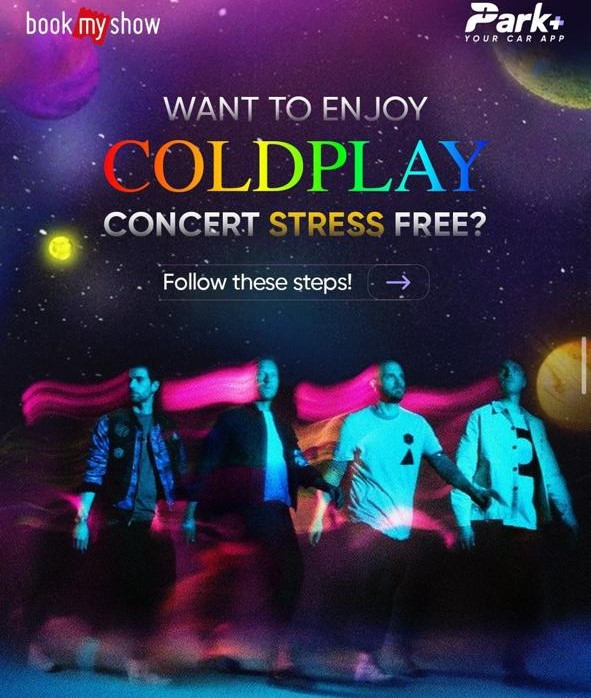
Park+ identified a real problem that large-scale concerts often bring—parking struggles. By offering a feature to pre-book parking spots through their app, Park+ ensured that attendees could enjoy the Coldplay concert stress-free. This functional yet relevant marketing move highlighted how brands can provide tangible solutions while positioning themselves as indispensable to eventgoers.
8.Swiggy
Swiggy, known for its humorous and relatable marketing, empathized with fans who spent hours waiting in virtual queues for concert tickets, only to be left disappointed. Through its witty campaign, the brand captured the shared frustration of many, creating a moment of connection with its audience.
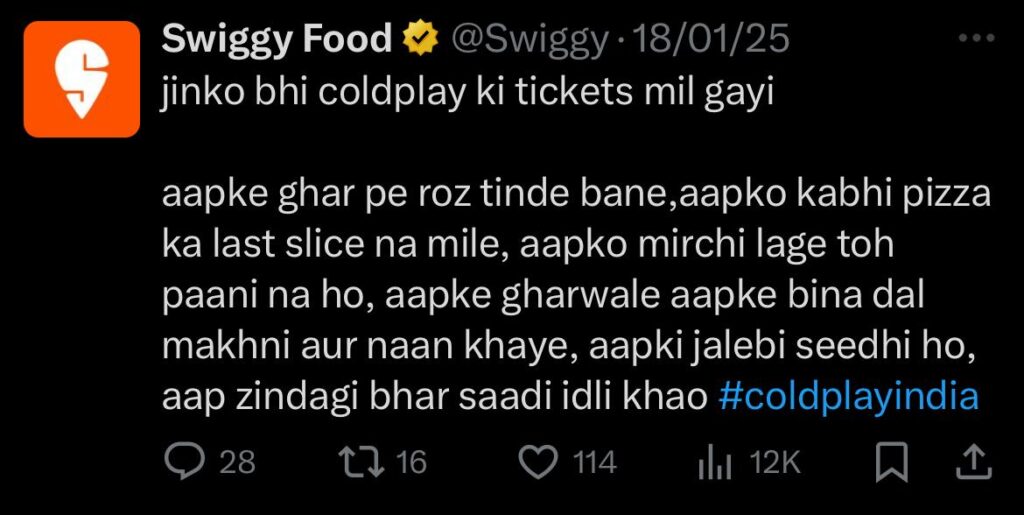
9. Crompton
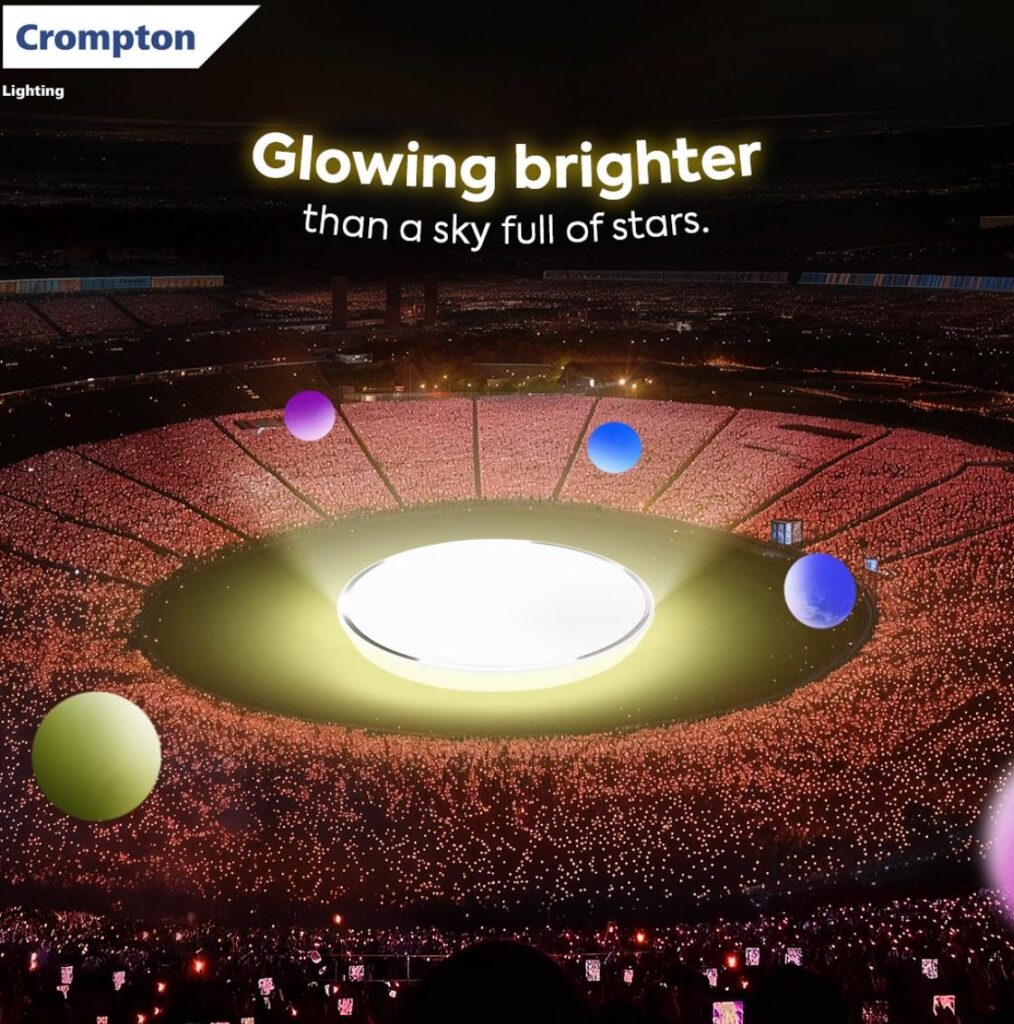
Crompton used the dazzling lights of the concert arena as inspiration for its campaign. With a message that read, “Glowing brighter than a sky full of stars,” the brand cleverly reworked Coldplay’s song lyrics to highlight its lighting products. This creative execution demonstrated how a brand can seamlessly integrate itself into a cultural moment while reinforcing its product benefits.
10. Durex
Durex, always known for its cheeky marketing, played on the band’s name by rebranding “Coldplay” as “Foreplay,” urging people to take a “Bed Wide Tour.” The brand also referenced the chaotic rush for concert tickets, humorously pointing out that entry to their “tour” required no tickets at all. This bold and playful campaign was a perfect example of how Durex continues to use humor and wordplay to stay top of mind in the most unexpected yet relevant ways.

Key Insights for Startups from Coldplay’s Concert Marketing
The Coldplay concert in India was not just a musical spectacle but a testament to the power of strategic marketing planning. Brands that creatively engaged with the event demonstrated how cultural moments can be leveraged for brand recall, emotional connection, and customer engagement. For startups, this presents a valuable lesson—real-time marketing, humor, and problem-solving can be more effective than traditional advertising. By aligning campaigns with trending events, startups can maximize visibility without heavy spending. Additionally, partnerships, whether through event sponsorships or collaborations, can amplify reach and provide a platform for customer acquisition.
The Power of Contextual and Relatable Marketing
Another key takeaway is the role of localized and personalized messaging. Campaigns from brands like Google India and Blinkit resonated deeply because they used relatable humor and cultural references. Startups should focus on crafting marketing messages that speak directly to their audience’s emotions and everyday experiences. Creativity and contextual relevance can drive organic conversations, making even small brands stand out in a crowded marketplace. Furthermore, solving real customer pain points—like Park+ did with parking solutions—can serve as both a business opportunity and a marketing advantage.
Conclusion: The Concert Economy and India's Startup Boom
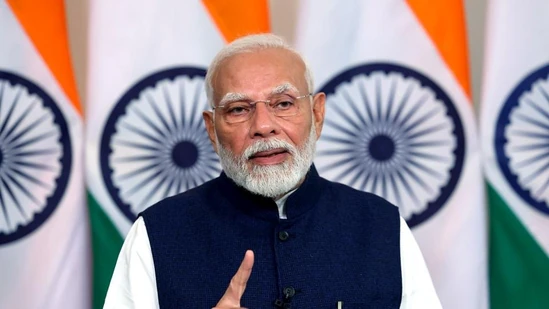
As Prime Minister Narendra Modi pointed out during the Utkarsh Odisha Conclave, large-scale concerts are more than entertainment. They have immense economic potential, boosting tourism and job creation. This boom in the concert economy presents a unique opportunity for startups in event management, travel, hospitality, and experiential marketing. India is emerging as a key destination for global artists, creating new opportunities in the live entertainment industry. Startups that innovate in this space can position themselves at the forefront of this growth, leveraging the intersection of entertainment, technology, and consumer engagement.

